After the disintegration of the Soviet Union, the Americans proclaimed the arrival of a "new world order." But the disparities between the First World and the Third World continue to grow apace. Crippling problems such as poverty, dwindling resources, unemployment, illiteracy, "brain drain," environmental devastation, gender inequities, pollution, exponential growth of the urban population, and lack of medical care and facilities, among numerous others–continue to afflict much of the formerly colonized world. Yet the social science discourse, which has arrogated to itself the responsibility of defining, articulating, and managing these problems, is largely without the awareness that the affluence of some is the most glaring sign of these problems. Offering a dissenting perspective on the politics of knowledge, this book is a powerful critique of the intellectual and cultural assumptions that underline the current processes of development, modernization, and globalization. The author demonstrates that the world as we know it today is understood largely through categories that are the product of western knowledge systems. His critique of the existing world order and his vision of possible futures encourage the reader to engage in the study of the west. Rather than merely reversing orientalism, such a study would create a body of knowledge about the west that would enable people to better understand both themselves and the west. This important and lucidly written book deconstructs the cultural assumptions that have emerged alongside capitalism and offers a devastating critique of the politics of knowledge at the heart of all powerbroking. The author analyses numerous developments to put forth his argument. These include: Recent political developments and the idea of the nation-state system. This system, the author believes, has played havoc with the lives of people in the middle east, South Asia and Africa. The emergence of "international governance" through the United Nations, the US and economic bodies like the IMF and WTO. The concept of development, which the author believes has mainly served as a mandate for surreptitious colonization. The future of dissent by providing Gandhi as the supreme example. Absorbing and very pertinent, this book will be of interest to those working in the fields of politics, culture, economics and development studies, and to anyone wanting to understand the "new world order.
Empire of Knowledge: Culture and Plurality in the Global Economy
In stock
Free & Quick Delivery Worldwide
reviews
Bibliographic information
Title
Empire of Knowledge: Culture and Plurality in the Global Economy
Author
Edition
New & Expended
Publisher
ISBN
8178295954
Length
xii+288p.
Subjects

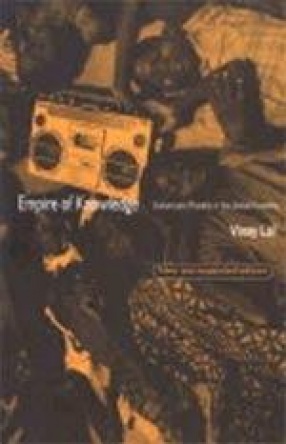
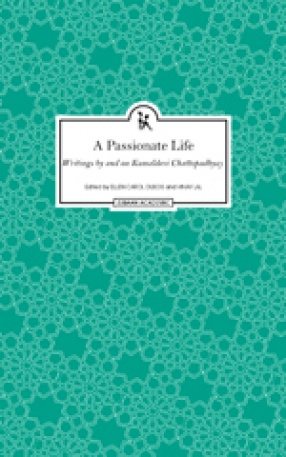
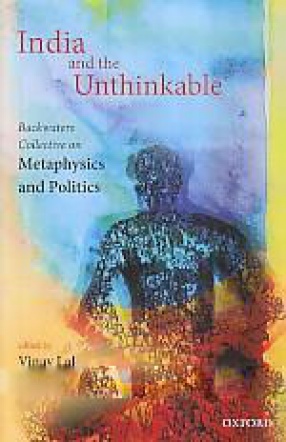
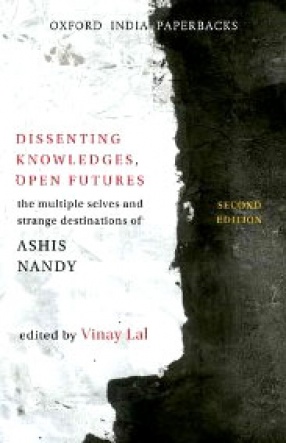
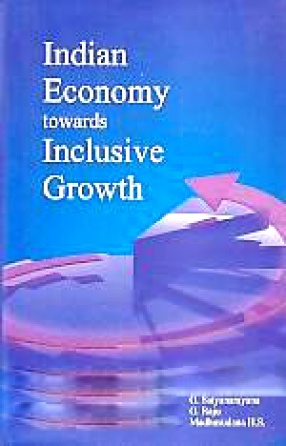
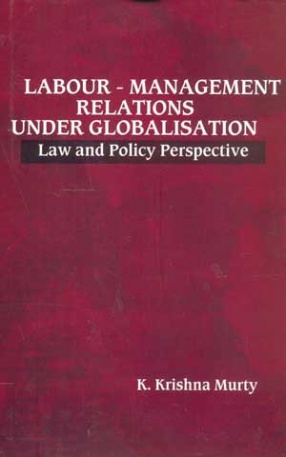

There are no reviews yet.